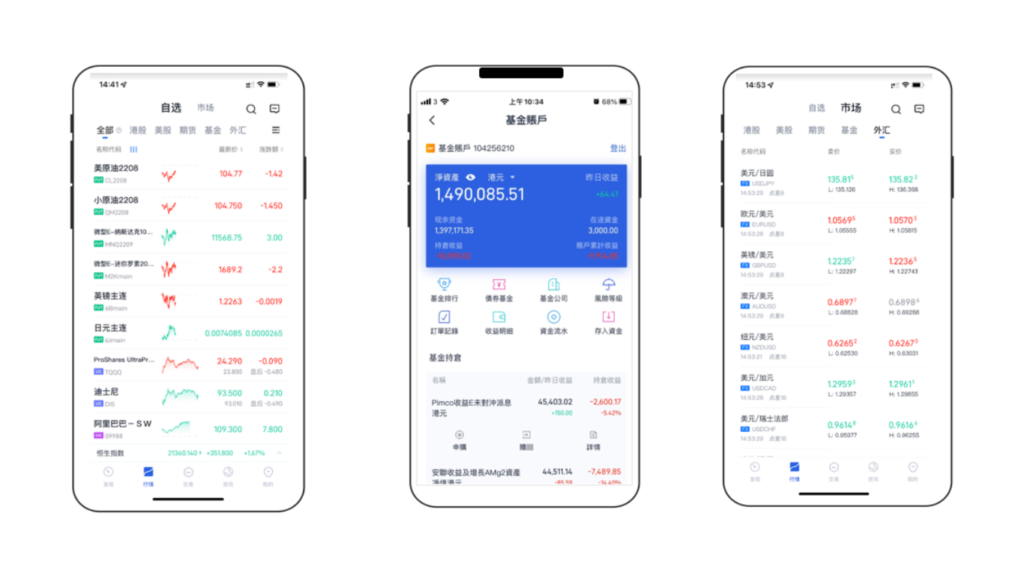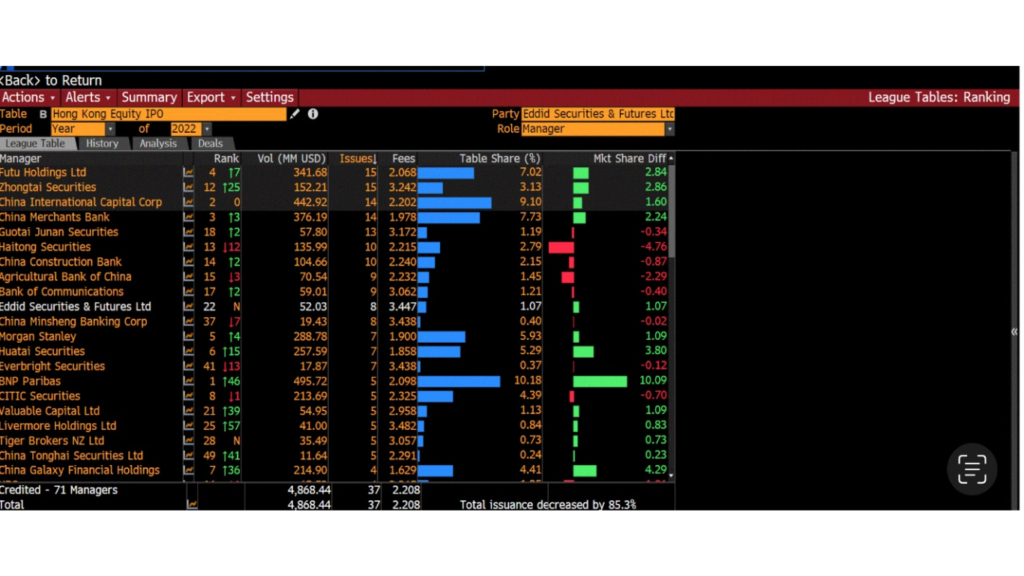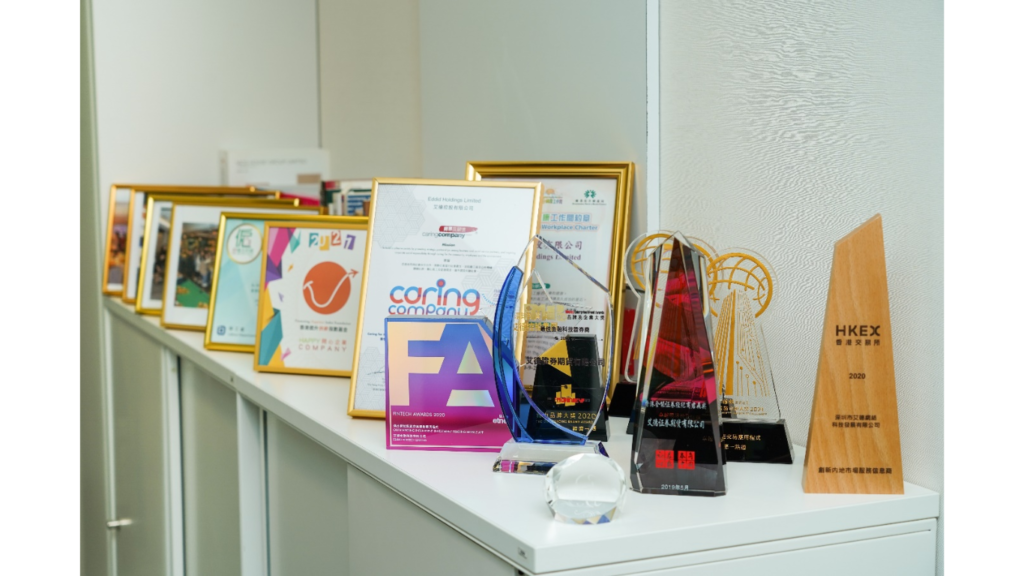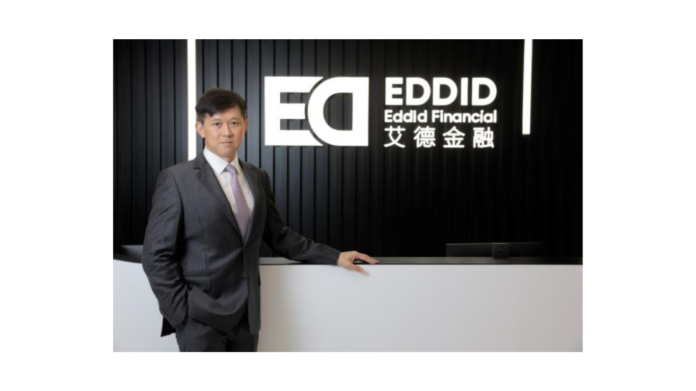While in the 19th century, fintech was about telegraphs and Morse codes, the present phase of digitalization came up with the establishment of ATM machines in the 1960s. The ease of access to internet has made the industry an inevitable aspect of modern economics. With over 6200 fintech startups in the APAC region, the APAC market is poised to grow up to USD 178 billion by 2026. This will be majorly driven by the payments, personal finance, credit services, insurance, wealth management and other such services.
Today, digital payment solutions and BNPL are taking the fintech industry by storm with large and small scale credit firms joining the fray. With a population of over 3 billion and a GDP of more than USD 5 trillion, the Asian fintech industry is currently the world’s largest and the fastest-growing regions in the world.
World Business Outlook spoke to Jerry Tse, CEO of Eddid Financial, one of the fastest growing fintech firms in the world, to understand how exactly the Asian fintech industry is growing and how the main players of the fintech industry are working towards the growth of the fintech industry. Eddid Financial is a Hong Kong-based new generation online brokerage firm. Members of Eddid Financial hold multiple types of licenses in major financial markets such as Hong Kong and the United States.
Since its establishment in 2015, Eddid has successfully obtained Type 1, 2, 3, 4, 5, and 9 regulated activity licenses from Hong Kong Securities and Futures Commission. Being a participant of the Hong Kong Stock Exchange, Eddid is a trading service platform for Hong Kong stocks, US stocks, Hong Kong futures, foreign exchange, asset management, mutual funds, unit trust funds and stock-linked high-interest notes and other investment products. Its portfolio of personalized investment solutions includes stock financing, IPO subscription, margin financing and securities lending.
During this exclusive interaction, Jerry shared his insights about the challenges and opportunities for the Asian fintech players, the technology in demand, the solutions that apply, the trends to look out for and more.
Here are the excerpts of the interview –
From a global perspective, what is the role of the Chinese investors and investments?
Chinese investments and the Chinese investors are basically not that active currently in the global market. The regulations on the Renminbi are so tight that offshore investors require approval from the ministry of foreign exchange. In spite of an economic slowdown, the Chinese government is encouraging on-shore investments rather than off-shore ones. One Belt and One Road related countries are being given the preference while no investments have been reported in other parts of the world from China.
China needs to be very cautious with respect to managing respective industries to make sure that the financial sector will not be significantly affected by the low or poor performance of these respective industries. Many of the local governments in China are reportedly raising debts by issuing bonds to support the growth and daily necessities of respective provinces or cities. Reports of defaults in these bonds further dent the confidence of the investors. The Chinese government needs to move on from relying on the domestic markets for the growth of its GDP and embrace a more open post-pandemic market.
How are the fund managers managing the current global market scenario?
The fund managers are finding it difficult to raise money, especially for long-term investments. It is reported that many of the funds are showcasing poor performance, some even defaulting, leading to legal issues. Many of the IPOs today are experiencing sub-par performance on the day of the opening itself.
This short-term global economic turmoil is actually favouring some of the cheap and high-potential assets, attracting aggressive investments. The Hong Kong market is witnessing many IPO projects being issued at a very low and attractive price. The market is already at its lowest threshold and soon the only direction to move would be up. In this sense, the fund managers can actually look forward to a bright promising market in the coming days.
What is Eddid Financial Group’s current line of action for the current global market scenario?
At present, the market is in a very volatile situation. Eddid Financial is trying to differentiate itself from other players in the market through its diversified and interesting products and services. In addition to some of the traditionally popular investment products, the financial group is also setting up its own indigenously customized funds and products, with industries and assets suitable for the majority of the investors.
Eddid Financial, being a pure Fintech firm, has developed its platform, Eddid One app, using its in-house team that comprises a team of around 150 people. We are demonstrating the true potential of our systems and plan to sell them to securities houses, as a white label. The platform could act as a comprehensive trading interface.

Artificial Intelligence is another megatrend where a lot of investments are pouring in from the financial markets. Eddid is looking to replace the conventional setup where the share price monitoring, especially for the commodities market requires 24-hour manual monitoring. Eddid has developed its own AI and algorithm to monitor and analyse the market and the trades. In risk management, for instance, the risk managers can incorporate the AI system to keep tab of the share prices every day and do the margin call every day, every hour. Today, AI is very popular in the financial market, especially for commodities and investment banking.
What are the standout features of the Eddid One App?
Eddid One App is a one-stop shop for all the needs of retail investors and a perfect showcase of our fintech business. The platform is developed to cater to various investors, including the US and other foreign exchange and futures. The app is developed and regularly maintained by Eddid’s technical team. With over 500,000 registered users, Eddid One still has a large market to tap.
What is the potential of the virtual asset management platform in Asia?
Cryptocurrencies are going through a very tremulous phase. However, there is still a large portion of the populace around the globe who trust virtual assets or cryptocurrencies more than their own national currency. The popularity of these virtual assets is most prevalent in Russia, Ukraine and some South Asian countries like Cambodia and Vietnam. Its lenient regulations and decentralized and democratized nature has attracted even the conventional traders and investors. Many of the bulge bracket houses like Morgan Stanley, Goldman, JP Morgan, are developing their own teams and putting in resources and efforts for developing their virtual management businesses.
The usually conservative China is much more receptive for this industry, with the likes of Alibaba and Tencent. Virtual assets is surprisingly attracting a lot of the traditionally conservative players in the market who are tapping into new opportunities. We are also developing some of our alternative businesses like crypto and other safe, structured products in respective countries like Cambodia, Vietnam and more.
What are the long-term goals that Eddid Financial group is tapping into for the Chinese as well as the global markets?
Eddid Financial had its humble beginnings from the mainlands of China, where it developed its online businesses and online brokerage services. However, due to a major overhaul in the Chinese policies for offshore financial service providers, the Hong Kong-based financial group has undergone a major change in its strategies. Eddid is currently focussing on its offline base in China with institutional businesses and its own fintech products for China.

We have comprehensive retail and institutional businesses and licenses in the US. We completed our first US IPO around 2 weeks ago, where we were the stabilizing agents. We plan to repeat our success in Canada as well. Extending beyond China, Hong Kong and other Asian regions, we are tweaking the Eddid One app to cater the international users.
How do you forecast the future of the fintech industry?
In recent times, many tech companies are claiming to be ‘Fintech’ with short-term research and investments. We are looking at it from a long-term perspective with heavy R&D investments and a large-sized team. Eddid has invested over four years and over USD 50 million for the now popular fintech platform.

Many countries are providing a conducive ecosystem for fintech to grow. However, the industry still lacks the required expertise from across the globe. The main challenge with most of the fintech across the world is that they develop the technology without understanding the market completely. We see securities platforms being developed without being in sync with the latest available opportunities in the market and advisory from the government.
We have set up our fintech team with expertise in not just the technology for the platform but also the needs of the market and the convenience of the target users. A fintech team needs to be consistently in touch with some of the top market professionals.
The market keeps evolving with new evolutions in technology. Eddid, as a fintech company, is always looking into ways in which we stay ahead of the market expectations. Fintech firms should be exploring ways to cope with the real problems of the market and come up with the most precise solution possible.
Excerpts of an interview with Ujal Nair






